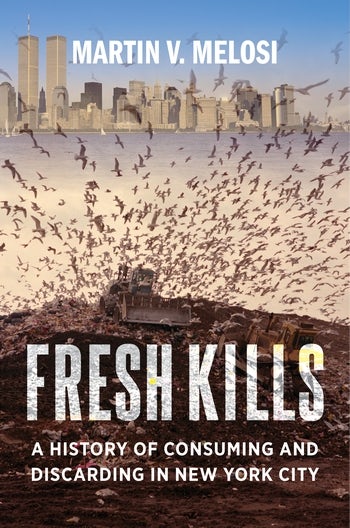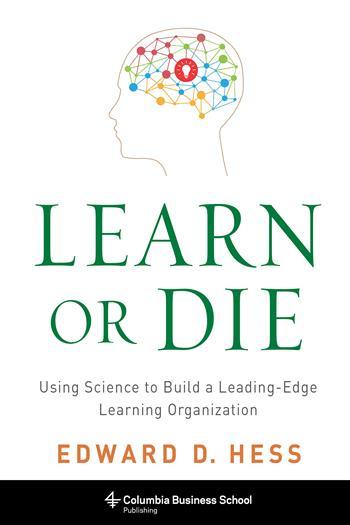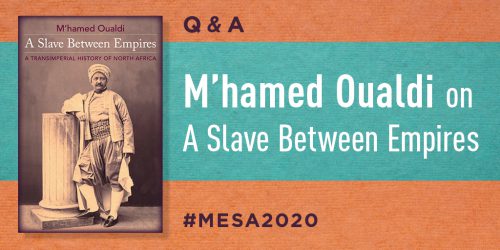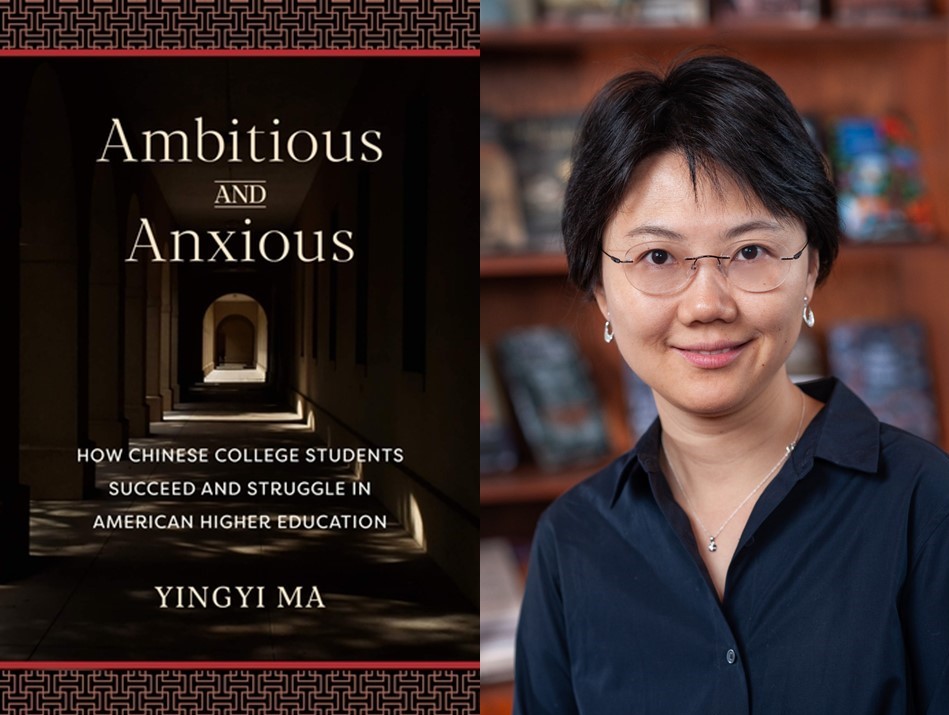New Book Tuesday! Fresh Kills, Forms of Poetic Attention, A Slave Between Empires and more!

Our weekly list of new books is now available!
Fresh Kills
A History of Consuming and Discarding in New York City
Martin V. Melosi
Fresh Kills—a monumental 2,200-acre structure on Staten Island—was once the world’s largest landfill. Martin V. Melosi provides a comprehensive chronicle of Fresh Kills that offers new insights into the growth and development of New York City and the relationship among consumption, waste, and disposal.
Nature and Value
Edited by Akeel Bilgrami
This book brings together essays that individually and as a whole present a detailed and rigorous multidisciplinary exploration of the concept of nature and its wider ethical and political implications. The essays together present a revaluation of the natural world with a view to addressing some of the fundamental concerns of our time.
Forms of Poetic Attention
Lucy Alford
Identifying a crucial link between poetic form and the forming of attention, Lucy Alford offers a new terminology for how poetic attention works and how attention becomes a subject and object of poetry. She combines close readings of a wide variety of poems with research in the philosophy, aesthetics, and psychology of attention.
A Slave Between Empires
A Transimperial History of North Africa
M’hamed Oualdi
In June 1887, a man known as General Husayn, a manumitted slave turned dignitary in the Ottoman province of Tunis, passed away in Florence after a life crossing empires. M’hamed Oualdi investigates Husayn’s transimperial life and the posthumous battle over his fortune to recover the transnational dimensions of North African history.
Ambitious and Anxious
How Chinese College Students Succeed and Struggle in American Higher Education
Yingyi Ma
Yingyi Ma offers a multifaceted analysis of the wave of Chinese students across American higher-education based on research in both Chinese high schools and U.S. institutions. Ma argues that their experiences embody the duality of ambition and anxiety that arises from transformative social changes in China.
New In Paper!
Learn or Die
Using Science to Build a Leading-Edge Learning Organization
Edward D. Hess
A cutting-edge synthesis of behavioral psychology, cognitive science, and educational theory that teaches businesses how to learn better and faster.
From the Columbia Studies in the History of U.S. Capitalism series
From Head Shops to Whole Foods
The Rise and Fall of Activist Entrepreneurs
Joshua Clark Davis
From Head Shops to Whole Foods writes a new history of social movements and capitalism by showing how activists embraced small businesses. Joshua Clark Davis uncovers the historical roots of contemporary interest in ethical consumption while exploring how today’s companies have adopted the language—but not the mission—of social change.
Origins of Darwin’s Evolution
Solving the Species Puzzle Through Time and Place
J. David Archibald
J. David Archibald explores how Darwin first came to the conclusion that species had evolved in different regions throughout the world. Carefully retracing Darwin’s gathering of evidence and the evolution of his thinking, Origins of Darwin’s Evolution achieves a new understanding of how Darwin crafted his transformative theory.
Save 30% on new releases when you use coupon code: CUP30 at checkout!
Categories:New Book Tuesday
Tags:A Slave Between EmpiresAkeel BilgramiAmbitious and AnxiousEdward D. HessForms of Poetic AttentionFresh KillsFrom Head Shops to Whole FoodsJ. David ArchibaldJoshua Clark DavisLearn or DieLucy AlfordM’hamed OualdiMartin V. MelosiNature and ValueOrigins of Darwin’s EvolutionYingyi Ma













